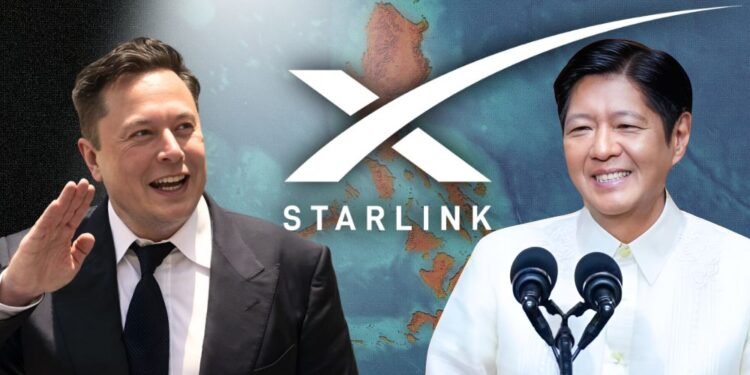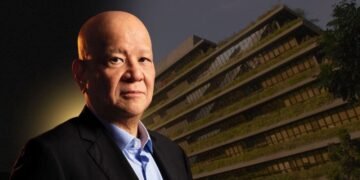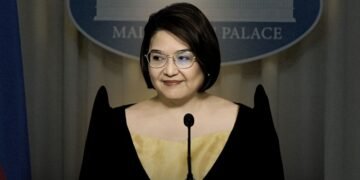In a city once flattened by war, the clearest signal of rebuilding didn’t come from concrete—it came from space.
Marawi’s Temporary Learning Spaces, still standing years after the 2017 siege, now beam with high-speed internet thanks to Starlink.
President Bongbong Marcos personally donated satellite kits to five schools in the area, bringing them online for the first time. For students and teachers who’ve spent years stuck in education limbo, this is more than just a tech upgrade—it’s a shot at finally catching up.
Starlink is Filling a Gap Nobody Else Has Touched
Marawi’s internet problem wasn’t just a slow connection—it was no connection at all.
After the siege left schools in ruins, learning didn’t just move—it paused. With traditional telcos nowhere in sight, Starlink’s low-orbit satellites landed in just the right place. The donation wasn’t a publicity stunt either.
These kits are installed in schools that have been running on band-aid infrastructure since 2017. Satellite internet now gives over 700 students a digital lifeline. No more relying on printed modules or borrowed mobile data to learn.
From Warzones to WiFi Zones—Why It Actually Matters
The presence of high-speed internet in conflict-affected areas isn’t just about YouTube access or downloading PDFs faster. For students in these communities, it’s their first exposure to digital classrooms, real-time research, and even virtual collaboration.
The government’s move to install Starlink is part of a broader push to close education gaps. And in places where stability is still fragile, education that actually works helps rebuild more than just schools—it rebuilds futures. Remote areas finally get the tools that cities have taken for granted for years.
Marcos Puts Internet in the Front Row of Education Plans
The initiative is backed not just by political optics but a long-term digital infrastructure plan.
Along with the Starlink kits, the Office of the President also gave out school bags and supplies—small stuff, but it adds up. Marcos emphasized equal access in his speech, pointing out that learning shouldn’t depend on where a kid was born. With plans to expand the same setup to other underserved areas, this looks less like a one-time gesture and more like a signal of things to come.
So, Is This Elon’s First Real Fix?
Starlink has always promised global reach.
But this might be the first time it’s doing real damage to digital inequality in the Philippines.
In Marawi, where rebuilding hasn’t stopped since 2017, students are finally catching a signal strong enough to bridge the gap. Whether you call it tech diplomacy, space-powered charity, or just the beginning—it’s a connection that actually counts.











